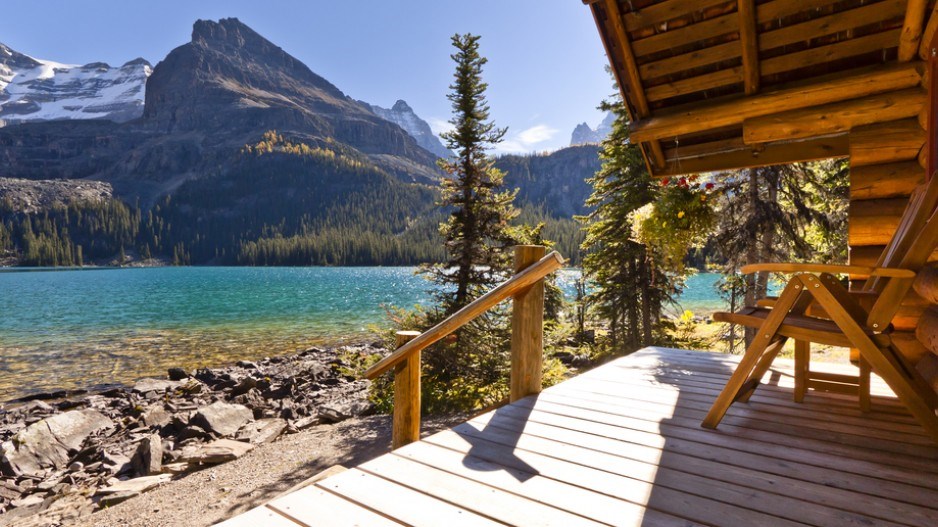A widely quoted national report claiming British Columbia’s recreational real estate market will see the biggest price slump east of the Atlantic is challenged by local realtors and the latest sales statistics.
The annual Royal LePage Canada Recreational Property Report forecasts B.C.’s cottage country will see a 2.8% drop in prices this year due to the province’s new speculation tax on secondary homes. This compares to the report’s projected 5.8% increase nationally in recreational home values this year compared with 2017.
“With Canada’s fastest growing economy, British Columbia’s vast and varied recreational regions might be expected to lead the country,” said Phil Soper, president and CEO, Royal LePage. “That will not be the case in the near-term as new taxes aimed specifically at recreational property owners are expected to weaken markets across the province, driving would-be purchasers to invest elsewhere.”
According to the report, the biggest price tax-driven price drop will be seen on the Sunshine Coast, where Royal LePage expects waterfront properties to decline 9.1% and non-waterfront houses to fall 8.3% in value. The report also forecasts oceanfront prices in the Comox Valley to drop 5% this year.
But the Sunshine Coast, like the Comox Valley and most of rural B.C., is not subject to the speculation tax.
“I don’t agree with those [price] forecasts,” said Bruce Lasuta, a veteran Royal LePage agent in Sechelt on the Sunshine Coast. He said the Sunshine Coast is experiencing one of the strongest markets in memory.
Sunshine Coast detached house prices have increased 7.9% since the speculation tax was introduced in February, according to the latest data from the Real Estate Board of Greater Vancouver. This compares with 0.1% increase across Greater Vancouver in the same time frame.
In the past four months, the 225 detached house sales on the Sunshine Coast – population 25,000 – were higher than in New Westminster, South Delta or West Vancouver, all of which have much higher populations.
The Vancouver Island Real Estate Board reports that oceanfront home prices in the Comox Valley in the first four months of this year were up 20% from the same time in 2017, and non-waterfront houses have soared 14% in value in the same period. “We are not seeing a slowdown,” said a board spokeswoman.
The speculation tax applies in the Metro Vancouver Regional District (excluding Bowen Island and part of the University of B.C. and University Endowment Lands), the Capital Regional District (excluding the Gulf Islands), Kelowna-West Kelowna, Nanaimo-Lantzville (excluding Protection Island), Abbotsford, Chilliwack, and Mission.
Most islands are excluded from the tax, as is all of Vancouver Island north of Nanaimo, the Kamloops region, the Kootenays, the Cariboo and Northern B.C. B.C. ski resort communities are also excluded from the tax.
In 2018, the tax rate for all properties subject to the tax is 0.5% on the property value. In 2019 and subsequent years, the tax rates will be 2% for foreign investors; 1% for Canadian citizens and permanent residents who do not live in British Columbia; and 0.5% for British Columbians who are Canadian citizens or permanent residents.
The Okanagan, which is subject to the tax, will see an overall house price increase of more than 6% this year, according to the Royal LePage study.
“I think those [Royal LePage report] numbers are made up in Toronto,” Lasuta said. “They don’t reflect what is really happening here.”
When asked about the apparent conflict, Soper stood by the Royal LePage report.
“It is all about perception,” he said, “and people have the perception that B.C.’s speculation tax will negatively affect the recreation market.”




